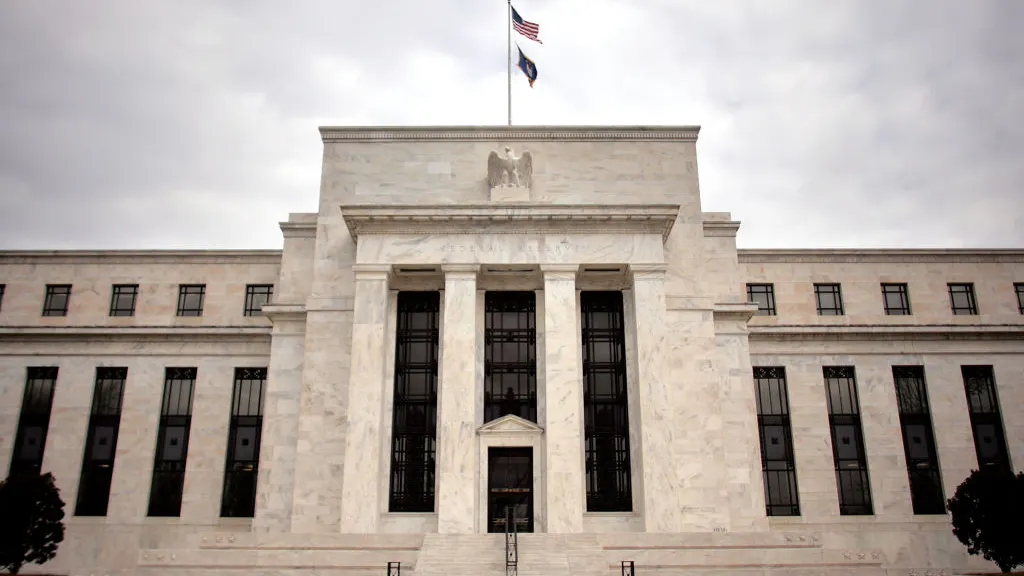Officials at the Federal Reserve announced a 0.25% increase in the target federal funds rate on Wednesday, marking a slowdown from previous rate hikes meant to combat inflation, even as the financial sector contends with the collapse of three medium-sized regional banks.
Rate hikes increase the cost of borrowing money, decreasing inflationary pressures as consumers and businesses assume less debt but simultaneously slowing the economy. Federal Reserve officials formerly set interest rate targets as low as 0.0% during the lockdown-induced recession to stimulate economic activity; rate targets now sit between 5.0% and 5.25%.
The Federal Open Market Committee said in a statement that officials will “take into account the cumulative tightening of monetary policy, the lags with which monetary policy affects economic activity and inflation, and economic and financial developments” as they consider future actions to decrease price pressures.
Central bankers raised rates by 0.75% on four occasions before implementing a 0.5% hike at the end of last year. Officials also hiked rates 0.25% two months ago.
The most recent target rate increase occurs after inflation reached 5.0% two months ago, according to data from the Bureau of Labor Statistics, marking relief from the 9.1% rate seen last summer even as costs for many items remain elevated and wage increases fail to keep pace with price levels. Record inflation coincides with supply chain bottlenecks and labor shortages, which have forced firms to increase prices on consumers over the past two years.
American economic growth meanwhile slowed to a 1.1% annualized rate in the first quarter, marking a significant decline from previous quarters as the headwinds slow recovery from the recession, according to an advance estimate from the Bureau of Economic Analysis.
The rate hike announcement also comes days after First Republic Bank collapsed, passed into Federal Deposit Insurance Corporation receivership, and was sold by regulators to JPMorgan Chase. Several other regional banks, including PacWest, Zions, Comerica, and Western Alliance, faced turmoil on the stock market this week as the sector continues to reel from the sudden collapses of Silicon Valley Bank and Signature Bank two months ago.
Interest rate hikes contributed to the substantial loss incurred by Silicon Valley Bank as executives liquidated a long-term bond portfolio to cover withdrawals. Assets in the banking system are $2 trillion lower than their book value as a result of Federal Reserve efforts to implement the current rollback in monetary stimulus, according to a recent study from analysts at the National Bureau of Economic Research.
Officials at the Federal Reserve concluded that the volatility in the financial system warrants a recession forecast for the end of the year, followed by a predicted recovery over the course of the subsequent two years. Policymakers also estimated that the historically low unemployment rate would rise toward the beginning of next year.
CLICK HERE TO GET THE DAILYWIRE+ APP
“If the effects of the recent developments in the banking sector on macroeconomic conditions were to abate quickly, then the risks around the baseline would be tilted to the upside for both economic activity and inflation,” minutes from a recent meeting said. “If banking and financial conditions and their effects on macroeconomic conditions were to deteriorate more than assumed in the baseline, then the risks around the baseline would be skewed to the downside for both economic activity and inflation, particularly because historical recessions related to financial market problems tend to be more severe and persistent than average recessions.”

.png)
.png)

